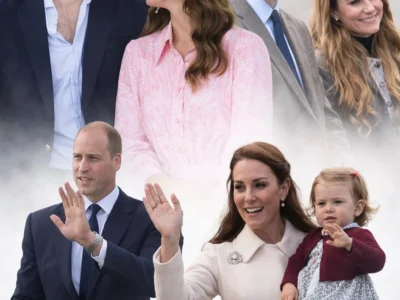The top-grossing movies in the Marvel Cinematic Universe are crowd pleasers for the most part, but they do have their fair share of noticeable issues.
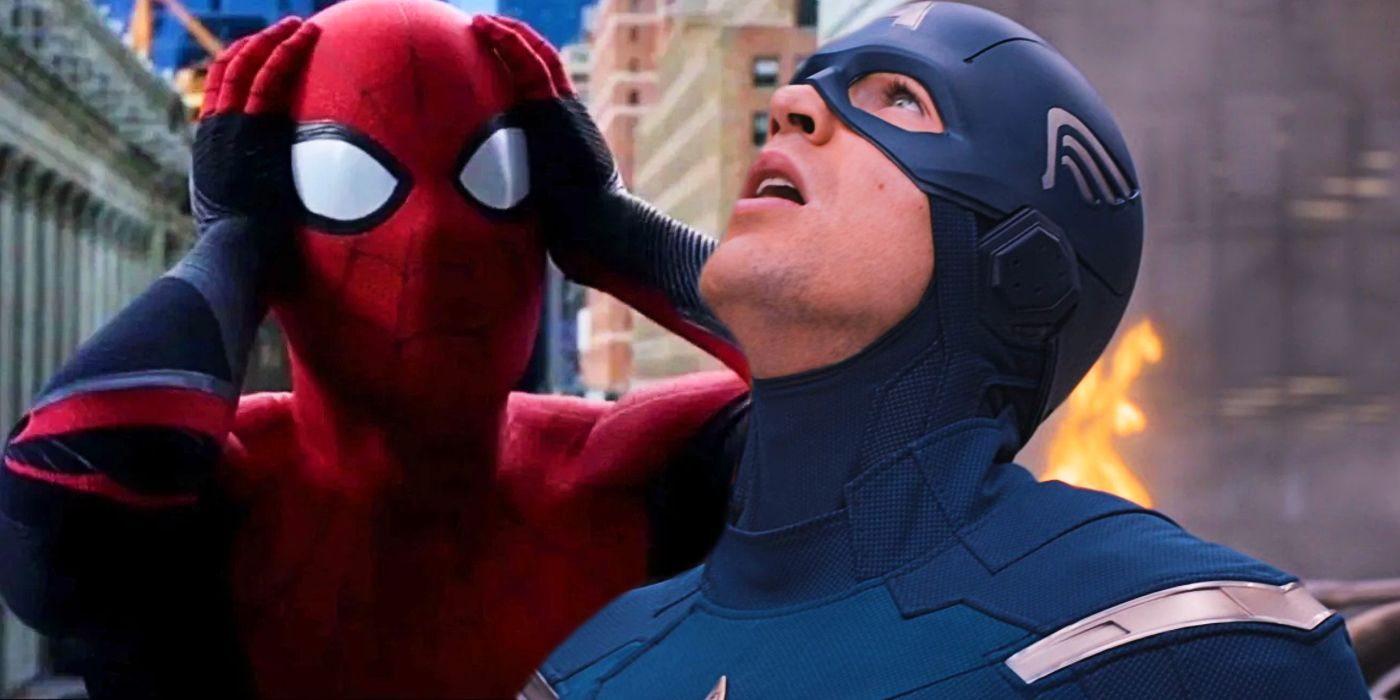
The Marvel Cinematic Universe has been a dominant force at the box office at the peak of its popularity, yet upon revisiting the franchise’s highest-grossing installments, viewers may confront several harsh realities. Although superhero movies had a proven – albeit inconsistent – track record of success at both the box office and among critics, the MCU timeline took the genre to unprecedented heights at the end of Phase 1 with 2012’s The Avengers. The movie not only made superhero adaptations a major mainstream genre, but it also popularized the sort of shared universe storytelling found in mainstream superhero comics.
All MCU movies are available for streaming on Disney+
Unsurprisingly, all four of The Avengers movies are among the top 10 highest-grossing MCU movies, with the pop culture redefining 2012 film guaranteeing the success of its sequel. The growing overarching threat of Thanos and Avengers: Infinity War’s shocking ending created enough investment to make the third and fourth installments even more successful. While the MCU’s top 10 highest-grossing films are, for the most part, crowd-pleasers, they also have the following issues.
The following article may have SPOILERS from your favorite MCU movie.
10. The Avengers Needed A New Lineup In Phase 4
They Dominate The Box Office
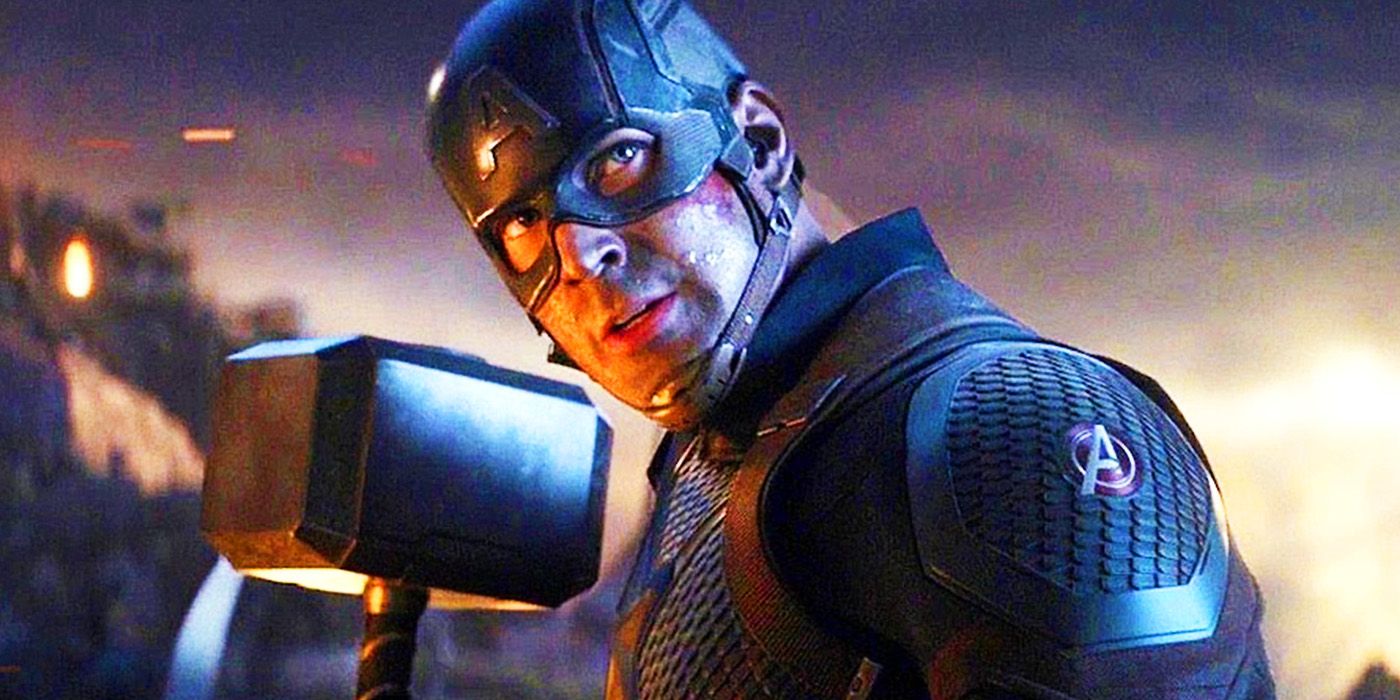
The Avengers are easily one of the MCU’s most popular and lucrative properties, with the original six members of the team becoming household names and all four films being among the franchise’s top-grossing installments. Like the comic iteration, the MCU’s Avengers have an ever-changing roster that has grown as the MCU itself has expanded. The original six members teamed up one last time in Avengers: Endgame, which concluded their stories, for the most part.
With the pantheon of superheroes continuing to grow in the years (and Phases) following Endgame, it is surprising – and perhaps disappointing – that a new roster for The Avengers has not formed. In fact, The Avengers as an organization appears to be defunct, as humorously noted in Spider-Man: Far From Home. The Avengers will almost certainly assemble once again by the end of Phase 6, but perhaps there should have been at least one Avengers movie in Phases 4 and 5 to further connect the MCU in the Multiverse Saga.
9. Infinity War Handled Thor Far Better Than Endgame
Thor Did Not Need To Be A Parody Of Himself
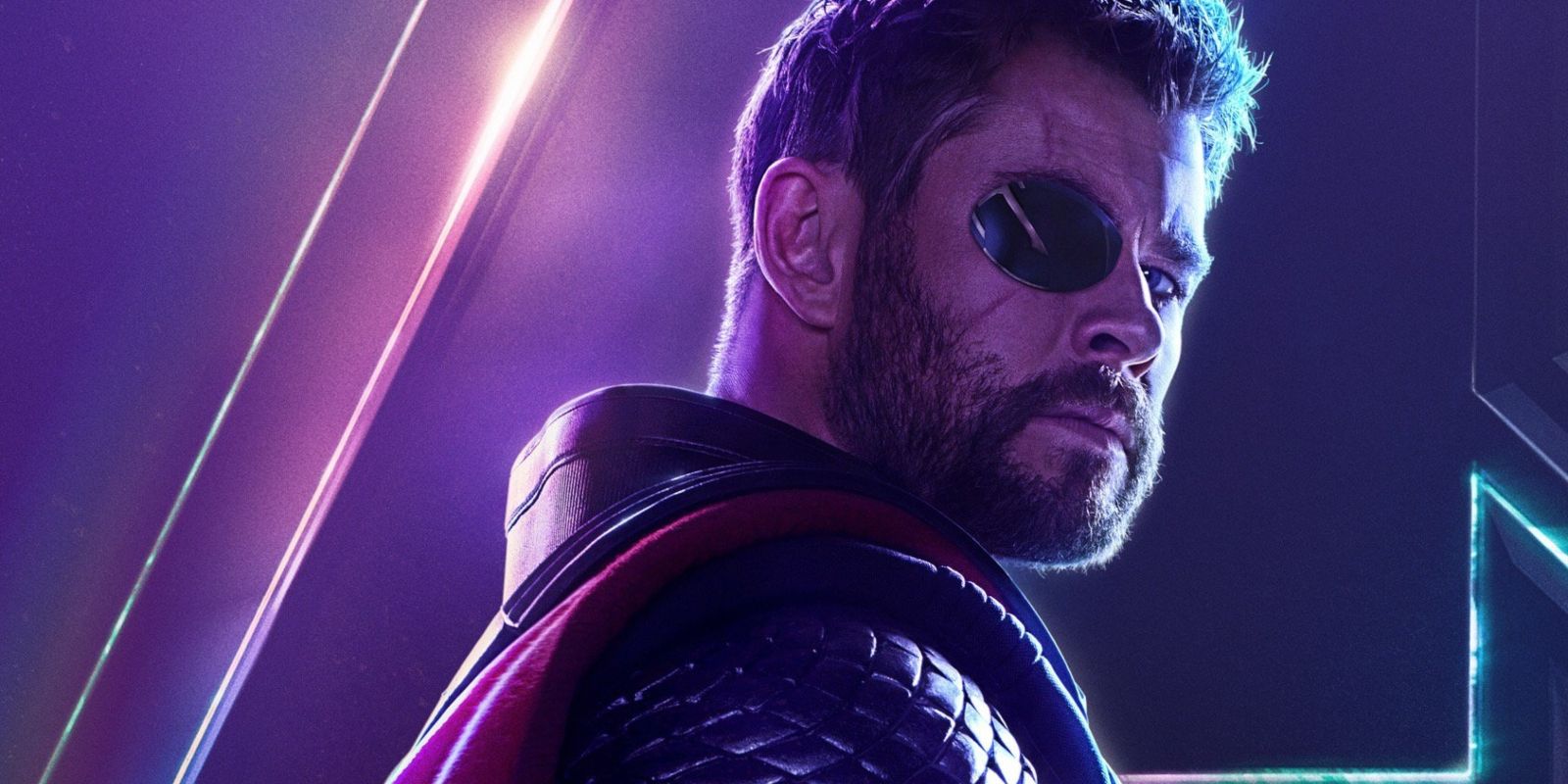
Thor struggled slightly in the early years of the MCU. Although the 2011 film Thor was reasonably successful, its sequel, Thor: The Dark World had a lukewarm reception, despite a good box office performance. Thor was far more popular in The Avengers films, leading to a drastically different take on Thor’s character and mythos in his third solo film Thor: Ragnarok. Ragnarok was a commercial success that pleased most viewers and critics, despite being in part more of a parody of the Thor franchise rather than an earnest superhero film, and this take on Thor made its way into The Avengers franchise.
With Ragnarok refusing to take the loss of Thor’s best friends, home, and worldview seriously, Avengers: Infinity War almost made up for it by making Thor a more somber character, coming to terms with everything he lost. Unfortunately, Endgame did not continue Infinity War’s repairs to Thor’s character, instead doubling down on Ragnarok’s reimagining and making Thor a parody of himself once again. In hindsight, while comedy is more than welcome, Endgame should have taken Thor, his characterization, and his side of the MCU more seriously.
8. Spider-Man’s Best Villain Is Not From The MCU
Spider-Man Is Too Reliant On Other Franchises
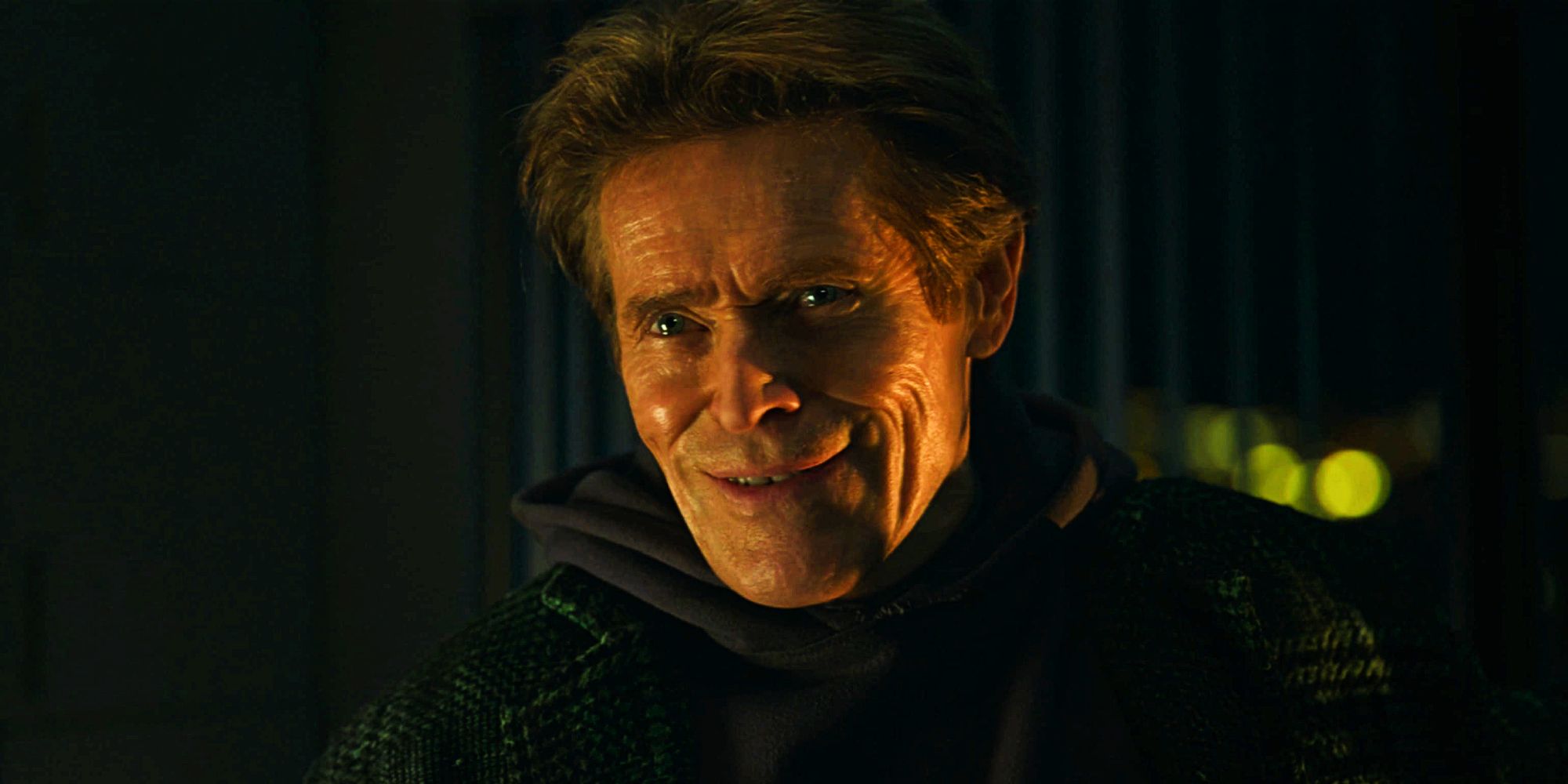
Spider-Man: No Way Home brings back the two Spider-Man variants and their respective villains from the Sam Raimi and Marc Webb Spider-Man franchises. Of the five returning supervillains, Willem Dafoe’s Green Goblin inflicts the most devastation, nearly breaking the spirit of Tom Holland’s Peter Parker by murdering Aunt May and nearly breaking the multiverse itself by destroying the Macchina di Kadavus with a well-placed pumpkin bomb. Dafoe’s Green Goblin reminded viewers that, even 19 years since his debut, he remains Spider-Man’s best villain.
The only problem is that his return and memorable performance reminds viewers of how reliant Tom Holland’s Spider-Man has been on other franchises. The MCU’s web-slinger is already frequently criticized for hinging too much of his characterization on Tony Stark and other MCU heroes, and this issue extends to his antagonists as well. While by no means lackluster villains, The Vulture and Mysterio both ostensibly owe their existence as super criminals to Tony Stark, while Dafoe’s Green Goblin – like his comic counterpart – became a villain and developed an obsession with Spider-Man on his own.
7. Civil War Is A Better Avengers Sequel Than Age of Ultron
And Yet It Still Works As A Captain America Solo Movie
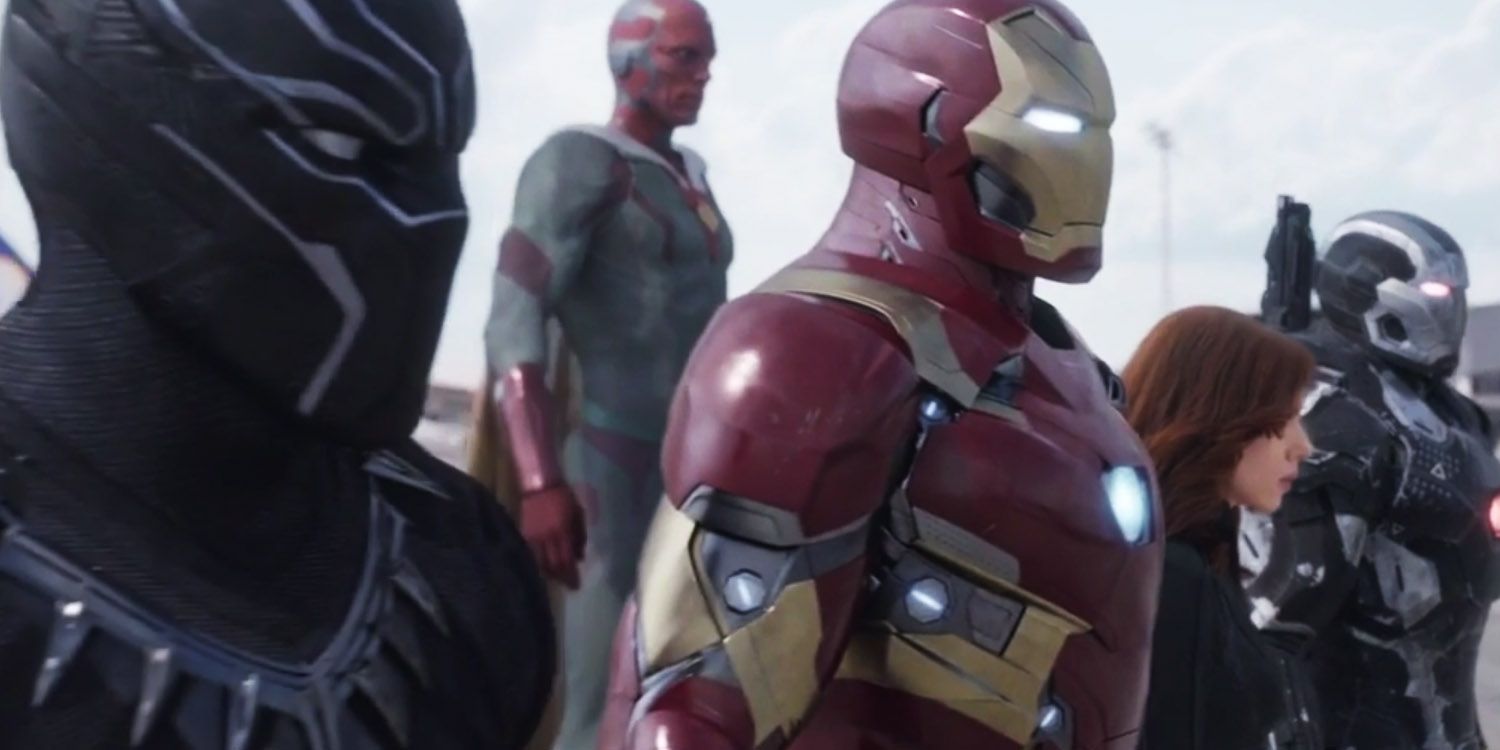
Captain America: Civil War had the daunting task of adapting the divisive Civil War storyline from Marvel’s comics while simultaneously continuing Steve Rogers’s MCU story. With a massive ensemble cast, which included most of The Avengers, many viewers were expecting a film that was more of an Avengers 3 than a Captain America 3. As it turned out, Civil War managed to balance its characters wonderfully, serving as an unofficial Avengers installment while remaining, ultimately, a Captain America film.
In fact, Civil War’s comfort with handling the Avengers characters, as well as its dramatic and resonant narrative that concluded with The Avengers team fracturing made it arguably a better Avengers film than Avengers: Age of Ultron. Age of Ultron was a massive commercial success, but it made several divisive and at times problematic choices – and as such, has not aged particularly well. Civil War remains a beloved entry in the MCU, and it did far more to progress the overarching Avengers storyline than Age of Ultron, all while remaining a Captain America solo film.
6. Thanos Was Clearly Meant To Have A Different Motivation At First
Court Death Or Mitigate Finite Resources?
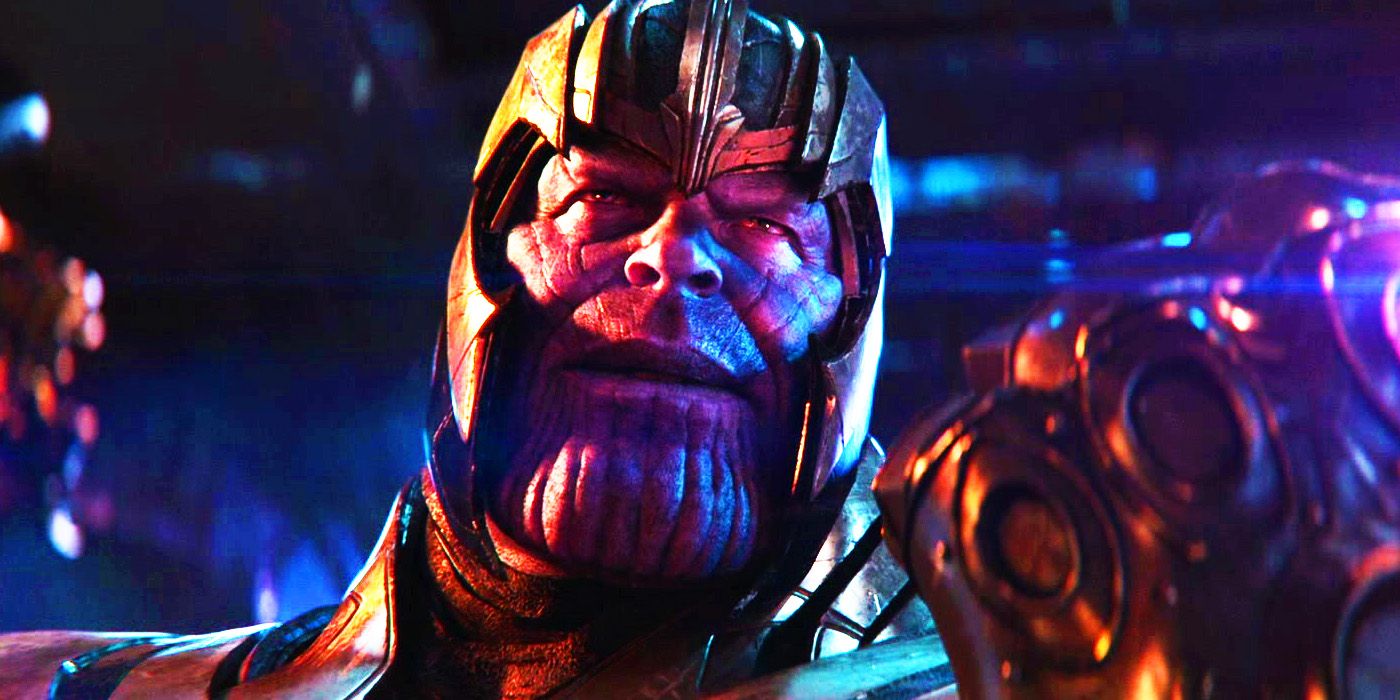
Thanos became one of the MCU’s deadliest and most compelling antagonists in Infinity War and Endgame, but he seemingly was almost portrayed quite differently. In Marvel’s comics, Thanos pined for the personification of Death, seeking to woo her by committing mass murder. In the MCU, Thanos’ motivation was significantly altered, with the Mad Titan now wishing to halve the universe’s population to conserve finite resources, preventing other worlds from suffering the fate of his home planet.
Thanos’ new motivation was clearly not planned initially, with his introduction in The Avengers’ post-credits scene strongly implying that “courting Death” was still his motivation. While Thanos’s original comic motivation could certainly have worked in the MCU, his reimagined goal at least equaled it. The MCU’s Thanos has a less obtuse motivation, however misguided it may be in practice.
5. The Hulk Would Have Benefited From Another Solo Movie
To Make Smart Hulk More Satisfying
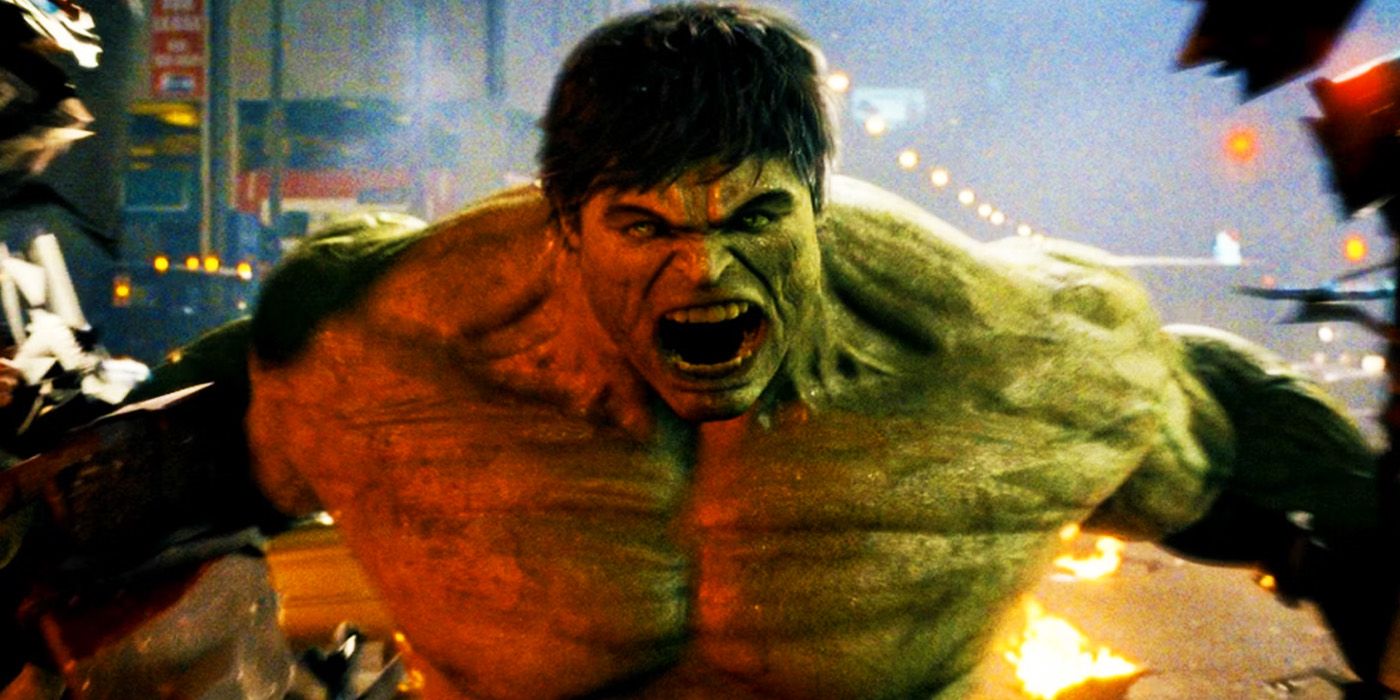
Bruce Banner made his MCU debut in 2008’s The Incredible Hulk and while he appeared prominently in The Avengers films (among other MCU properties), he has not had any further solo movies. Notably, this is because Universal Pictures still owns the film rights to The Hulk, making solo films a complex matter while having The Hulk appear in crossover films – even in a lead role – is more doable. Still, The Hulk would have seriously benefited from one or two solo movies after The Avengers.
The obvious first place for another Hulk film would have been sometime between The Avengers and Age of Ultron, perhaps exploring how SHIELD helps Bruce Banner stay out of the clutches of General Thadeus Ross. An even more interesting place would be between Age of Ultron and Ragnarok. Not only would this allow the MCU to dive deeper into the Hulk comic mythos, but it would also make Bruce Banner’s establishment of the “Smart Hulk” persona more satisfying and less abrupt.
4. The Maximoff Twins Were Mishandled From The Start
No Room For A Mutant Retcon & An Inappropriate Hydra Affiliation
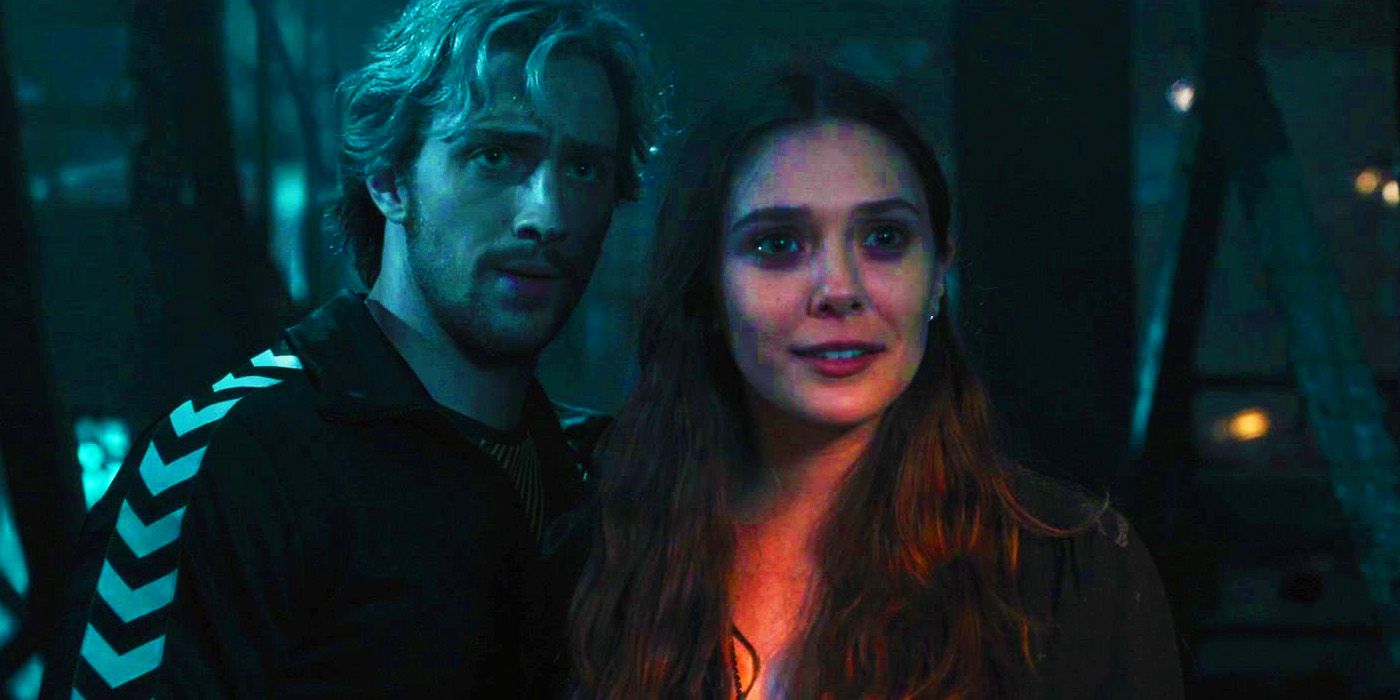
Wanda and Pietro Maximoff, better known as Scarlet Witch and Quicksilver, respectively, were initially villainous mutant members of the Brotherhood of Mutants, serving Magneto before they were eventually revealed to be his children. Obviously, with 20th Century Fox owning the film rights to the X-Men and the concept of Marvel mutants at the time of Age of Ultron’s development and release, it would have been impossible to make the twins mutants or Magneto’s children. This change was disappointing, especially with Marvel Studios now owning the rights to the X-Men, but it is far less problematic than another change.
The Maximoff twins are Jewish and Romani in the comics, providing the MCU with an excellent opportunity to diversify its pantheon of heroes, but Age of Ultron wasted it. Although Pietro is played by a Jewish actor, the twins are whitewashed in-universe and, even worse, made brief members of the Hydra terrorist group, which was once a branch of the nazi party. The MCU has not improved its Jewish representation, as shown by Moon Knight, but it has two more chances in the form of Sabra and Ben Grimm, who are each set to debut in forthcoming MCU properties.
3. Age of Ultron Ignores Tony Stark’s Iron Man 3 Characterization
Whedon Hit The Reset Button
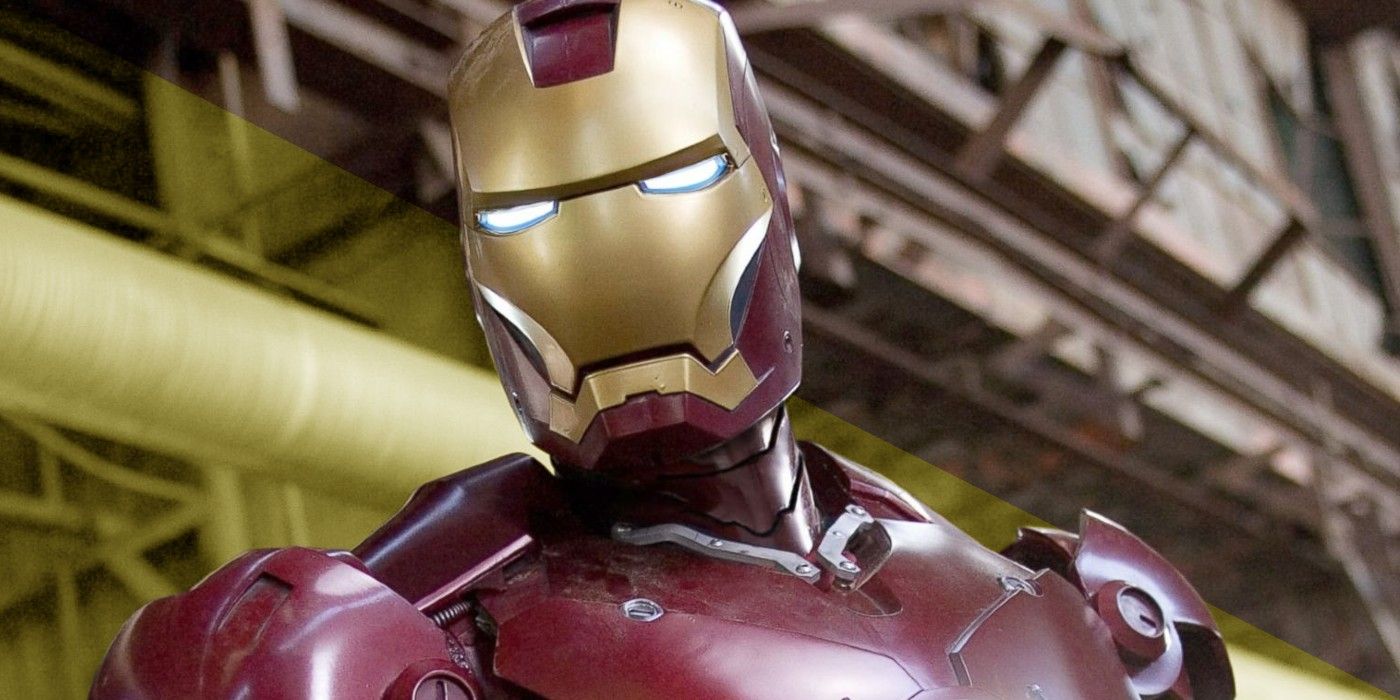
Iron Man 3 was a divisive entry, both for its infamous Mandarin twist and its character arc for Tony Stark. The film ends with Stark destroying his legion of Iron Man armors and having the shrapnel in his chest removed. Iron Man 3 seemingly closes the book on Stark’s story, perhaps only suggesting that he will continue to work with The Avengers without donning another Iron Man suit. Age of Ultron would ignore this, opening with an exciting action sequence that sees Stark, wearing his 43rd iteration of the Iron Man suit, battling Hydra soldiers.
Age of Ultron hitting the reset button on Iron Man’s character arc can certainly be criticized, but few would dispute that this was, ultimately, for the best. Iron Man is one of the MCU’s most popular and marketable superheroes by far, and there would surely have been more controversy surrounding Iron Man 3 if Stark never returned as Iron Man in the Avengers sequels. Moreover, Endgame proved to be a far more satisfying ending to Stark’s MCU story.
2. Iron Man 3’s Mandarin Twist Was An Odd Choice
At Least It Led To Xu Wenwu In Shang-Chi
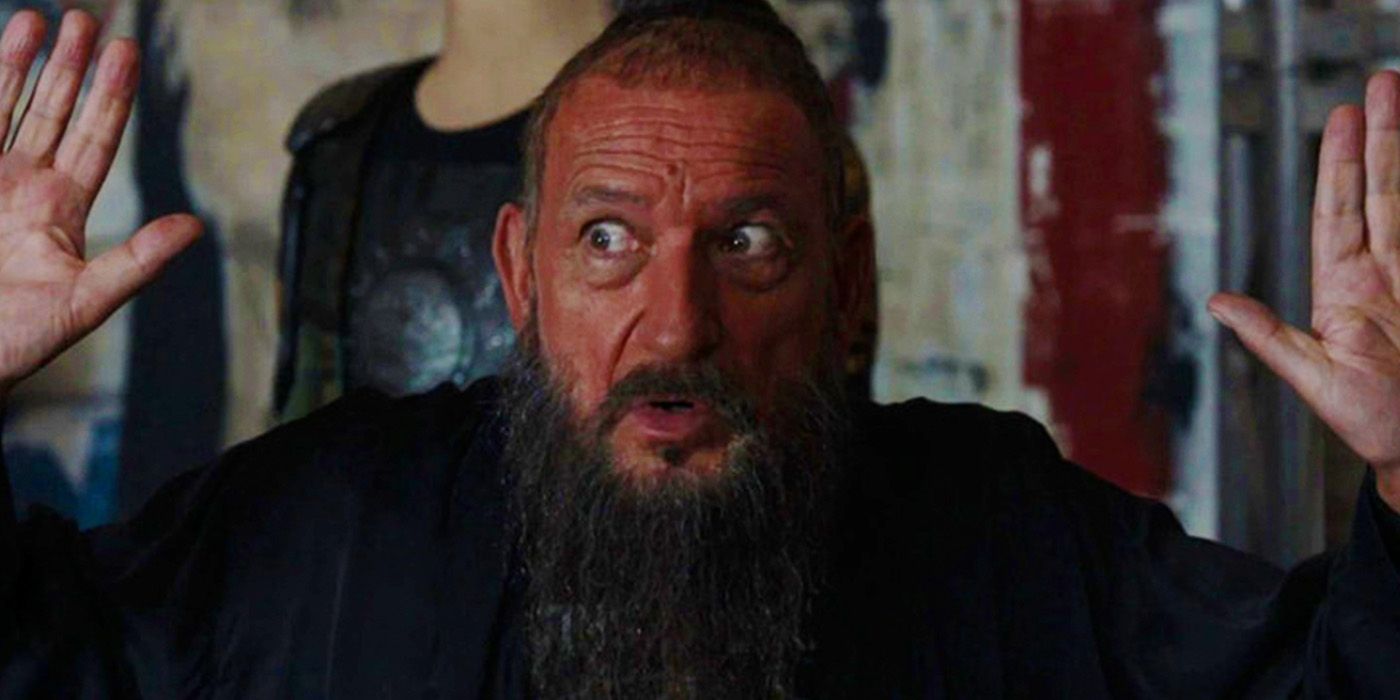
The infamous Mandarin twist in Iron Man 3 remains one of the most divisive moments in the MCU, and seeing how good a serious version of The Mandarin can be in Shang-Chi and the Legend of the Ten Rings, the twist now seems like an even stranger choice. In Marvel’s comics, The Mandarin is Iron Man’s ultimate nemesis, but unfortunately, he could easily become a dated and offensive character if not handled tactfully. Iron Man 3 opted to simply use The Mandarin as a proxy for its real villain – Aldrich Killian – resulting in a twist few expected and many criticized.
In any case, the MCU finally got the real Mandarin in Shang-Chi, with Xu Wenwu. Within one movie appearance, the MCU’s real Mandarin became one of the MCU’s most complex and compelling villains. For better or worse, however, this earnest take on The Mandarin never faced off against Iron Man.
1. Spider-Man Was Nothing Like The Comics
At Least Until No Way Home
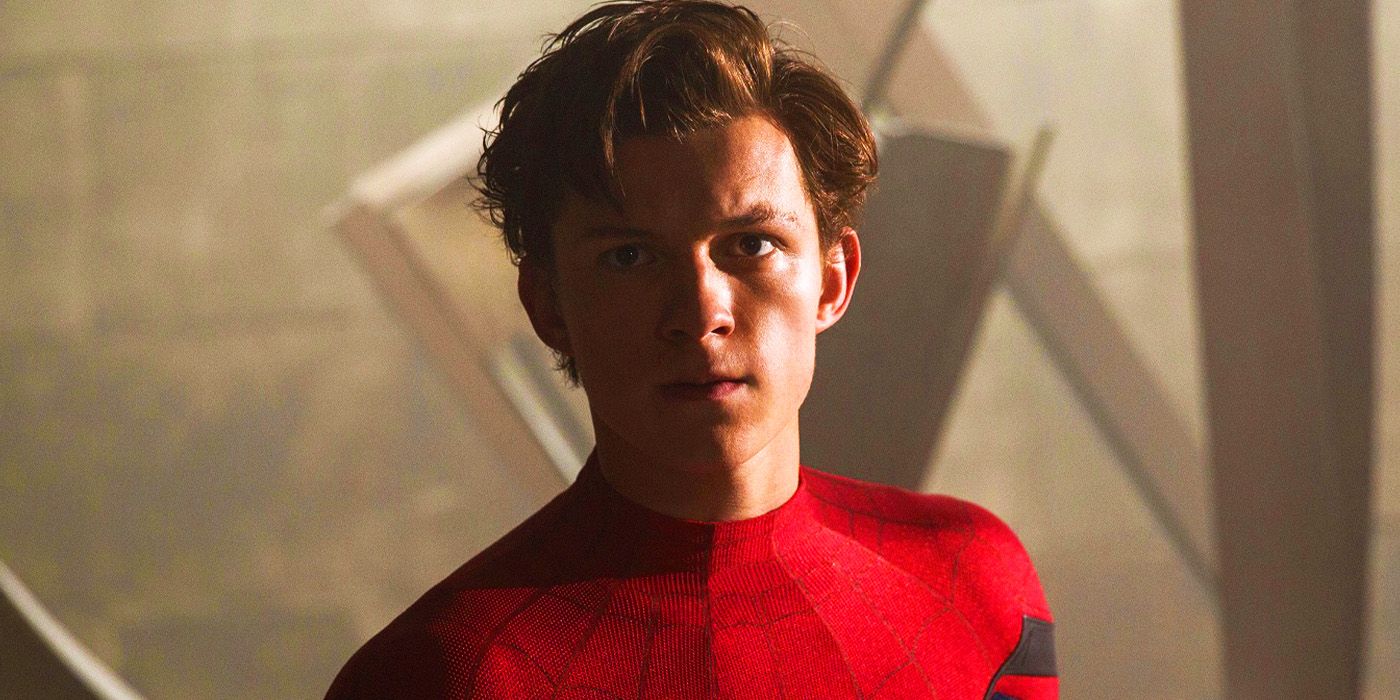
Tom Holland had big shoes to fill as the third live-action Spider-Man, with Tobey Maguire and Andrew Garfield winning viewers over in their respective Spider-Man movies. Maguire and Garfield’s iterations were also incredibly accurate to the comic source material, with Maguire’s iteration blending various eras of the mainstream comics and Garfield’s version being mostly based on the Ultimate Spider-Man series. In an effort to distinguish Holland’s Spider-Man from his predecessors, the MCU made him an original take on the character who, while certainly likable, has far less in common with the Spider-Man of the comics than Maguire or Garfield’s versions.
Holland’s Spider-Man lacked the independence that Peter Parker is known for, becoming reliant on Tony Stark and aspiring to join The Avengers initially. Holland’s Spider-Man also lacked the relatively low-tech costume and gadgetry of his comic counterpart and used a weapons-laden Stark Industries Spider-Man costume instead. By No Way Home, however, Holland’s Spider-Man finally began to more closely resemble his comic counterpart, though he has yet to make his return in the Marvel Cinematic Universe.


